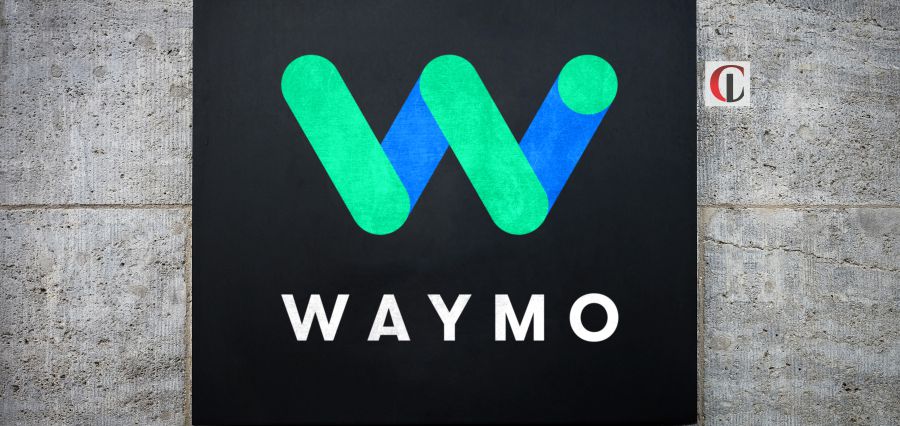Alphabet’s self-driving car company, Waymo, has raised a financing round worth $5.6 billion toward aiding it in the development of robotaxi operations in the United States. The strategic funding accelerates the pace of competition within the self-driving car industry, which is particularly notable in cities with rapidly growing demand for robotaxi services.
Alphabet’s CFO, Ruth Porat, said last year that the firm committed as much as $5 billion to Waymo over a multiyear horizon. The round was led by Alphabet, with a range of other established investors also contributing, including Andreessen Horowitz, Fidelity, and Tiger Global. With these funds, the company’s total capital raised in all its rounds now reaches over $11 billion following $3.2 billion in previous rounds and another $2.5 billion in another round.
Waymo co-CEOs Tekedra Mawakana and Dmitri Dolgov said the investment will be crucial in scaling up their current services in cities such as San Francisco, Phoenix, and Los Angeles, as well as in new markets like Austin and Atlanta through a partnership with Uber. The Waymo One ride-hailing service has already recorded more than 100,000 weekly trips in these regions, serving a growing consumer base that includes safety-conscious and convenience-seeking consumers.
This positions it uniquely in the market: it is the only company that operates a commercial robotaxi service in several large metropolitan areas. Waymo’s services have especially attracted demographics concerned about safety in using traditional ride-hailing services.
However, the landscape of the world for autonomous vehicles remains highly competitive and heavy. There are critics like Tesla, and there are Cruise from GM which recently paused its services for safety-related issues. The company made an announcement regarding its launch of driverless ride-hailing.
A stark divide exists in public opinion toward the autonomous vehicle, according to a Pew Research center poll, nearly two thirds of respondents in the United States have expressed unwillingness to ride in driverless vehicles. Still, Waymo’s internal data indicates fewer accidents with its vehicles versus human drivers, although recent issues have surfaced with a series of software recalls as well as operational mishaps.
Waymo is also refreshing its fleet with the addition of the Geely Zeekr model, which will feature the latest sensors and AI technology. In addition to that, the company also announced plans to test its cars in harsher weather in different parts of the U.S. to expand beyond warmer climates and eventually around the world.
In a race where dominance in the robotaxi market is fast-tracked, Waymo is better placed with huge funding and strategic partnerships for continuing growth and innovation in the autonomous vehicle space.

